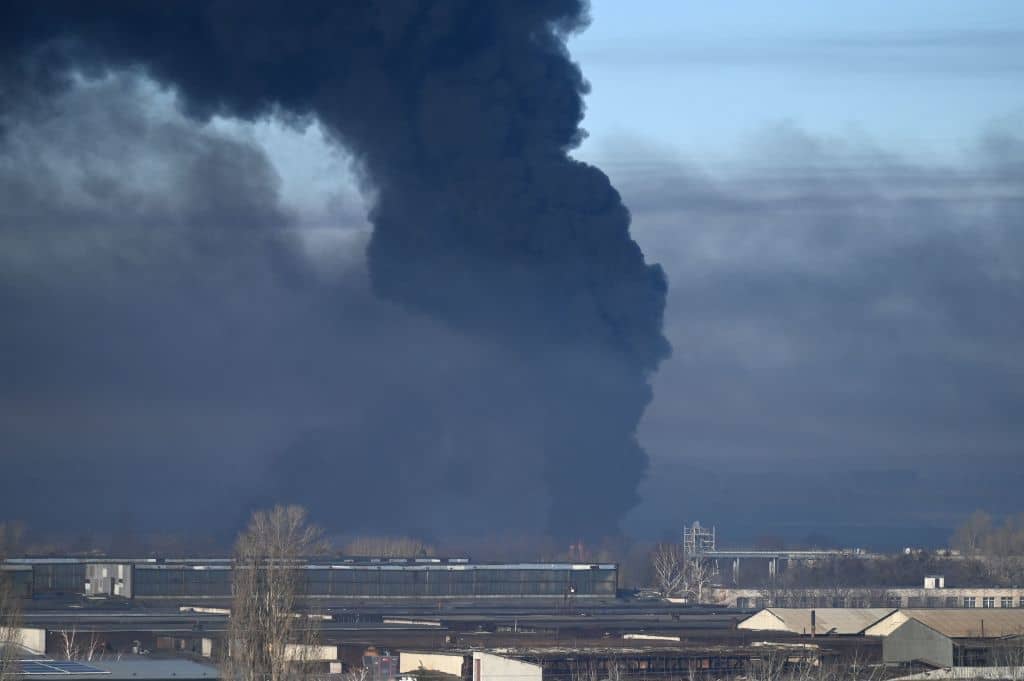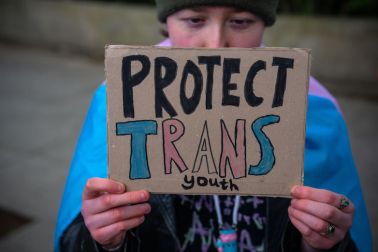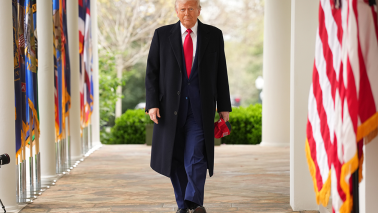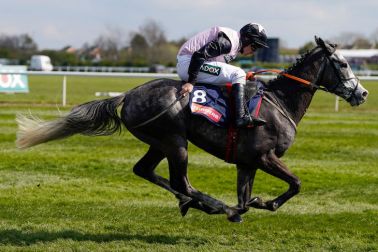Russia last night launched a full on assault on Ukraine, with cruise missile strikes reported on the airport east of Kiev amongst targets in at least a dozen other cities. At the moment, it is unclear whether it is Kiev’s military or civilian airport which has been hit; air raid sirens sounded at 7am. The city of Mariupol on the Azov sea has come under heavy shelling. Ukraine’s border guard agency said two cities – Chernihiv and Zhytomyr, in northwest Ukraine – are coming under attack.
A senior Ukrainian official has been quoted saying large numbers of of Ukrainian soldiers have already been killed. Russia has denied Ukrainian reports that five of its aircraft and one helicopter had been shot down earlier this morning. Hostilities started at 5am local time.
In a televised address, Putin has declared that his aim is to ‘demilitarise and de-Nazify’ Ukraine but not to occupy it. Russia, he said, spent too long trying to appease Hitler and will not make the same mistake now forces along Russian borders. He even suggested that anti-Moscow forces in Ukraine claim to have nuclear weapons (“we will not allow that to happen”).
An attempt to appease the aggressor on the eve of the Great Patriotic War turned out to be a mistake that cost our people dearly…The second time we will not allow such a mistake.
Claiming that Russia is facing a threat from Ukraine, he involved Article 51.7 of the UN Charter (self-defence) as justification for his attack. He has repeated his absurd claim that ‘genocide’ is taking place in the country.
It was necessary to immediately stop this nightmare – the genocide against the millions of people living there, who rely only on Russia, hope only on us. It was these aspirations, feelings, pain of people that were for us the main motive for making a decision to recognize the people’s republics of Donbass.
In an attempt to deter other countries from intervening to prevent Russian aggression, he warned that:
‘Anyone who tries to interfere with us, or even more so, to create threats for our country and our people, must know that Russia’s response will be immediate and will lead you to such consequences as you have never before experienced in your history.’
He also addressed Ukrainian military with his analogy that the (Jewish) president of Ukraine represents a ‘neo-Nazi’ threat:
‘Dear comrades! Your fathers, grandfathers and great-grandfathers did not fight the Nazis, defending our common homeland, so that today’s neo-Nazis seized power in Ukraine.’
Some 36,000 reservists with combat experience are being called up to add to Ukraine’s 200,000-strong army, but they may soon find themselves facing multiple attacks. Confirmed explosions have been seen in Kharkiv, Dnipro and Kramatorsk (below).
Russia’s actions raise the question of whether it was wise for the West to start with limited sanctions, rather than going for the most comprehensive set available immediately. But it is now vital that Moscow is hit with the most stringent sanctions possible, including ones aimed at Putin himself. Deterrence through economic measures has its limits, as Niall Ferguson argues in the magazine this week. But if these sanctions are going to have any hope of changing Russia’s behaviour, they will have to be so comprehensive that they will impose pain on the West too.
The White House says that Joe Biden will make a statement later today. So we can expect the announcement of further sanctions within hours. China stands ready to help Russia minimise the effect of sanctions, buying gas and crops that Europe might refuse. Only this morning, China’s customs announced frictionless import of wheat from all regions of Russia (previously they have only taken wheat from certain designated areas). Russia is the world’s largest wheat exporter, with Turkey, Egypt and Kazakhstan its biggest customers. More orders from China would go a long way towards blunting any drop in western demand.
The foreign ministers of the Baltic states have issued a joint statement asking for Russia to be cut off from the Swift system. That would certainly hurt. But the question is will the measures that the US, the EU, the UK and other democratic nations impose on Moscow be sufficient to make Moscow, which has been trying to sanction-proof its economy since 2014, think again.
This article is free to read
To unlock more articles, subscribe to get 3 months of unlimited access for just $5








Comments
Join the debate for just £1 a month
Be part of the conversation with other Spectator readers by getting your first three months for £3.
UNLOCK ACCESS Just £1 a monthAlready a subscriber? Log in